Industrial hemp, this incredible plant, stands tall as an embodiment of versatility. A crop whose potential extends far beyond its rustic exterior, transforming into an eco-friendly powerhouse with an impressive array of applications spanning numerous industries.
Corporate giants such as Ford Motors, Patagonia, and The Body Shop have already recognized the profound potential of this sustainable resource, utilizing hemp seed, fiber, and oil as fundamental raw materials in their product lines. This level of corporate adoption serves as a testament to the staggering potential that industrial hemp offers as an environmentally conscious substitute for other resources.

Even though industrial hemp is typically cultivated with a single objective in mind, such as fiber or hemp seed production, it also possesses the potential to be utilized as a dual-purpose crop. By adopting this approach, the plant can deliver a diverse array of materials for multiple industries, providing them with a sustainable alternative for their manufacturing processes.
The introduction of industrial hemp into various sectors holds the promise of catalyzing a revolution in industrial practices – a revolution centered on sustainability. From agriculture to textiles, automotive manufacturing to cosmetics, industrial hemp is well-poised to redefine industry norms and instigate a widespread transition towards more eco-friendly practices. Below are a few ways industrial hemp is already making its mark across industries:
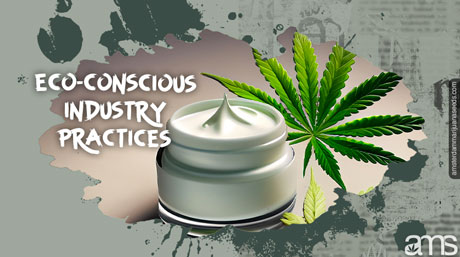
Industrial hemp, scientifically known as Cannabis sativa L., has served humanity for centuries, providing fiber, food, and medicinal benefits. Today, its role has expanded, becoming increasingly important as a sustainable and eco-friendly solution within various industries.
By integrating hemp into numerous manufacturing processes, industries can lessen their dependence on non-renewable resources and significantly reduce their environmental footprint. The inherent versatility and functional characteristics of hemp make it an ideal candidate for substitution, driving it to the forefront of sustainable development.
Moreover, hemp cultivation offers additional benefits such as soil remediation. By absorbing toxins and replenishing soil nutrients, hemp promotes healthier soils, which in turn, benefit subsequent crops.
The versatility of industrial hemp extends beyond its use as a raw material. The plant also has significant potential in the renewable energy sector, with the ability to be transformed into a range of biofuels. This makes industrial hemp a potentially crucial player in the global shift towards cleaner, more sustainable energy sources.

In the pharmaceutical sector, cannabinoids derived from hemp are making their mark, used in the creation of several medications. The therapeutic properties of hemp cannabinoids have shown promising results in the treatment of a range of conditions, from epilepsy to chronic pain.
Finally, the potential role of industrial hemp in combating climate change cannot be overstated. Its fast growth and carbon sequestration capabilities, along with its potential in the renewable energy sector, place hemp as a key player in global climate change mitigation efforts.
The journey of industrial hemp is far from over. As we continue to innovate, discover, and harness its potential, there may yet be more uses and applications we’ve yet to even consider. But for now, one thing is abundantly clear: Industrial hemp is not just a plant, but a pathway to a more sustainable tomorrow.
Automotive, railway, aviation, and aerospace industries are progressively adopting hemp-derived products as superior alternatives to conventional plastics due to hemp's lightweight, durable, and biodegradable nature.
Hemp seed oil, known for its moisturizing properties and skin-nourishing abilities, is used in a wide range of industrial and cosmetic products, including soaps, shampoos, and other personal care items.
Hemp fiber offers an eco-friendly alternative to traditional textile materials, requiring less water and fewer pesticides during cultivation. Additionally, hemp products are easily recyclable, contributing to sustainable practices in the manufacturing of textiles, fabrics, and paper.
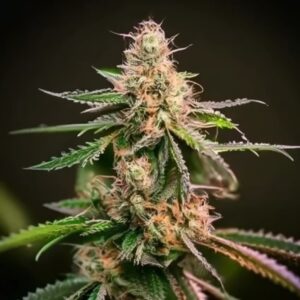


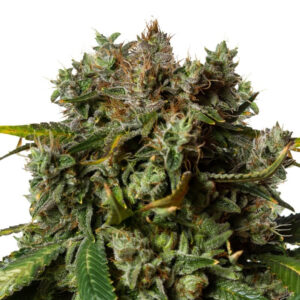

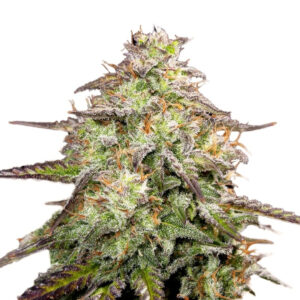
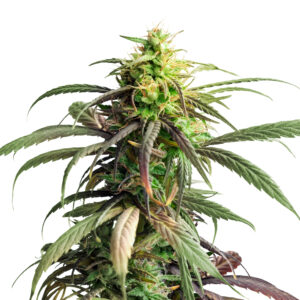






Related Posts
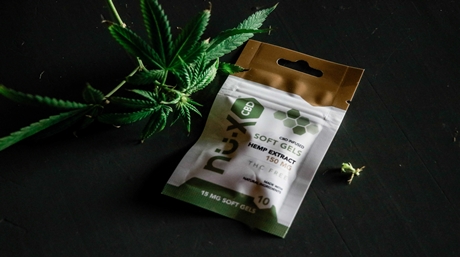
There is a lengthy list of the possibilities of what the Industrial Hemp (Hemp) plant can do. From building houses to cars, from food to textiles. This low THC plant has more to offer than you could possibly imagine.
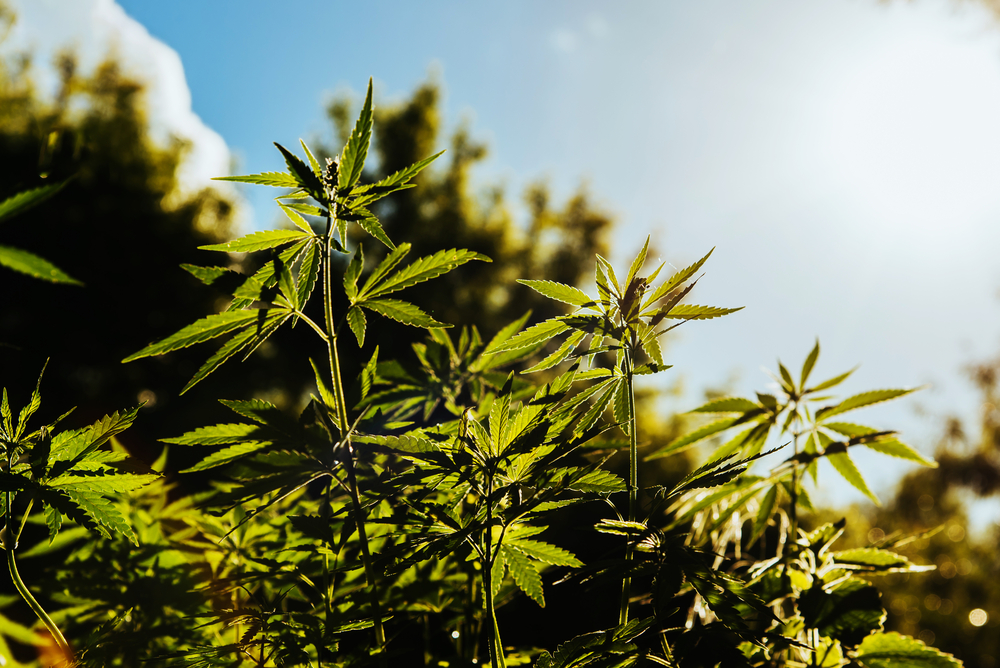
Hemp is known to be one of the oldest crops cultivated by mankind. But what is hemp and what is the difference with cannabis?

Utopia II – Industrial hemp
In the conception and creation of their eco-village nestled deep in the heart of the Bialowieza Forest, Janek, Mirek, Pieter, Piero, and Kasia were profoundly intentional in their choice of building materials. One material, in particular, held a position of unmatched significance: industrial hemp. This variant of the Cannabis sativa plant, primarily used for its…